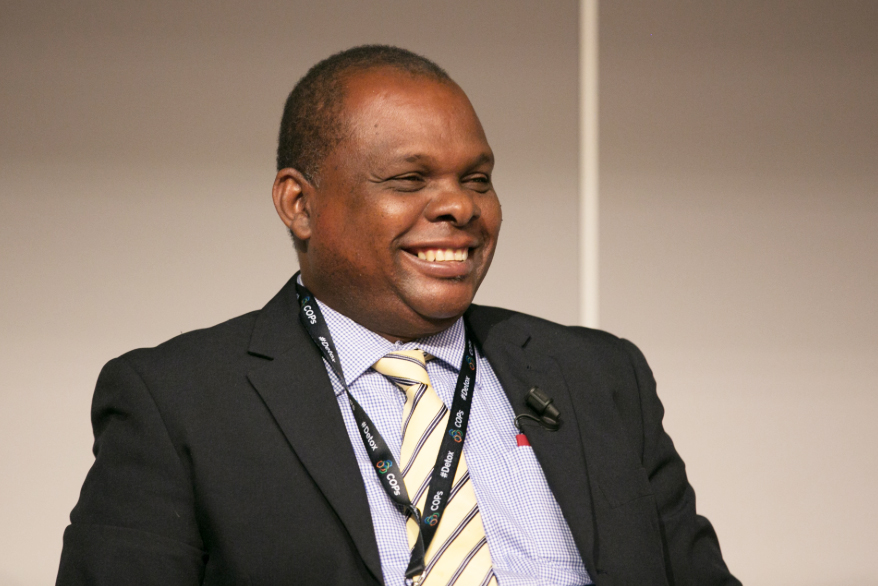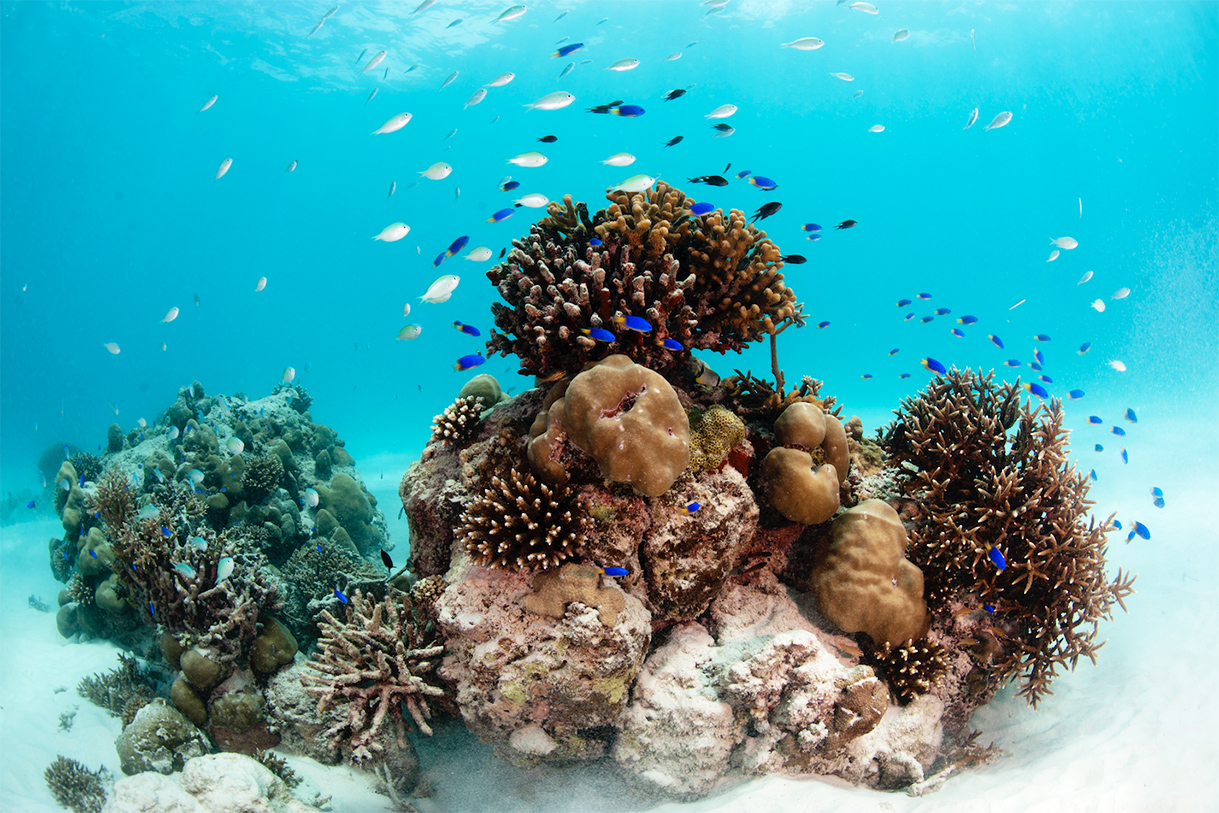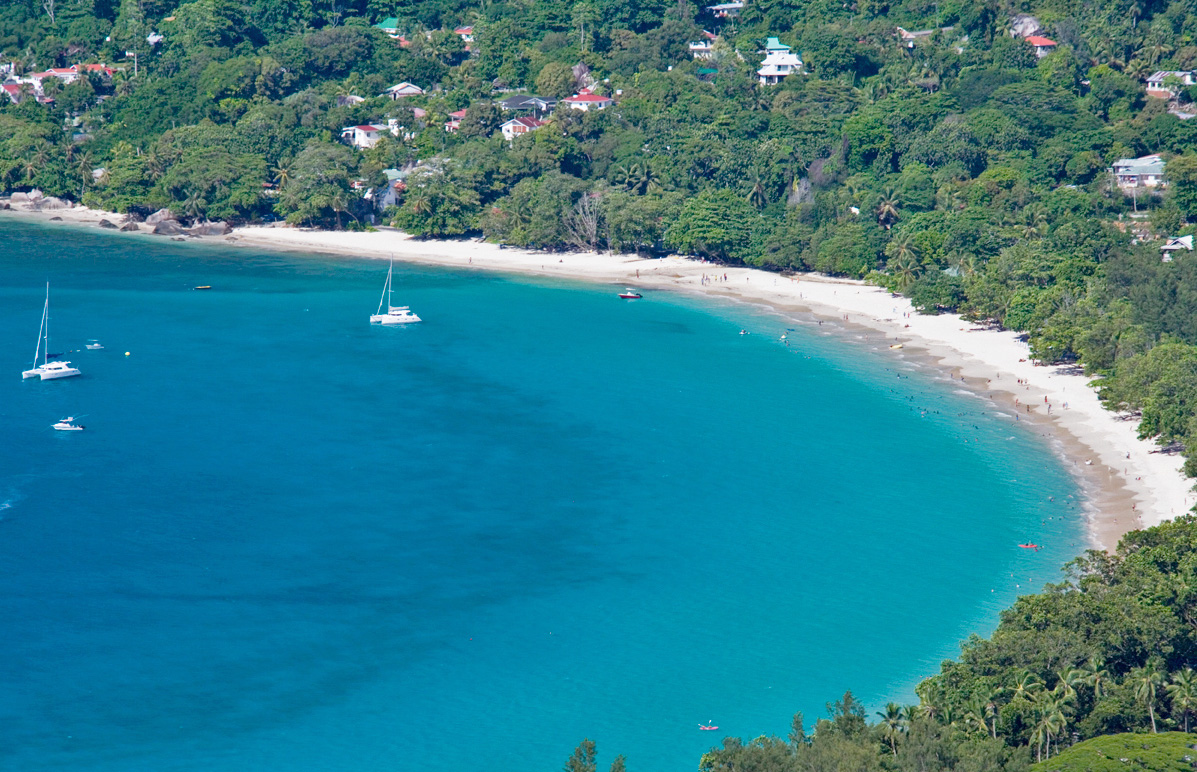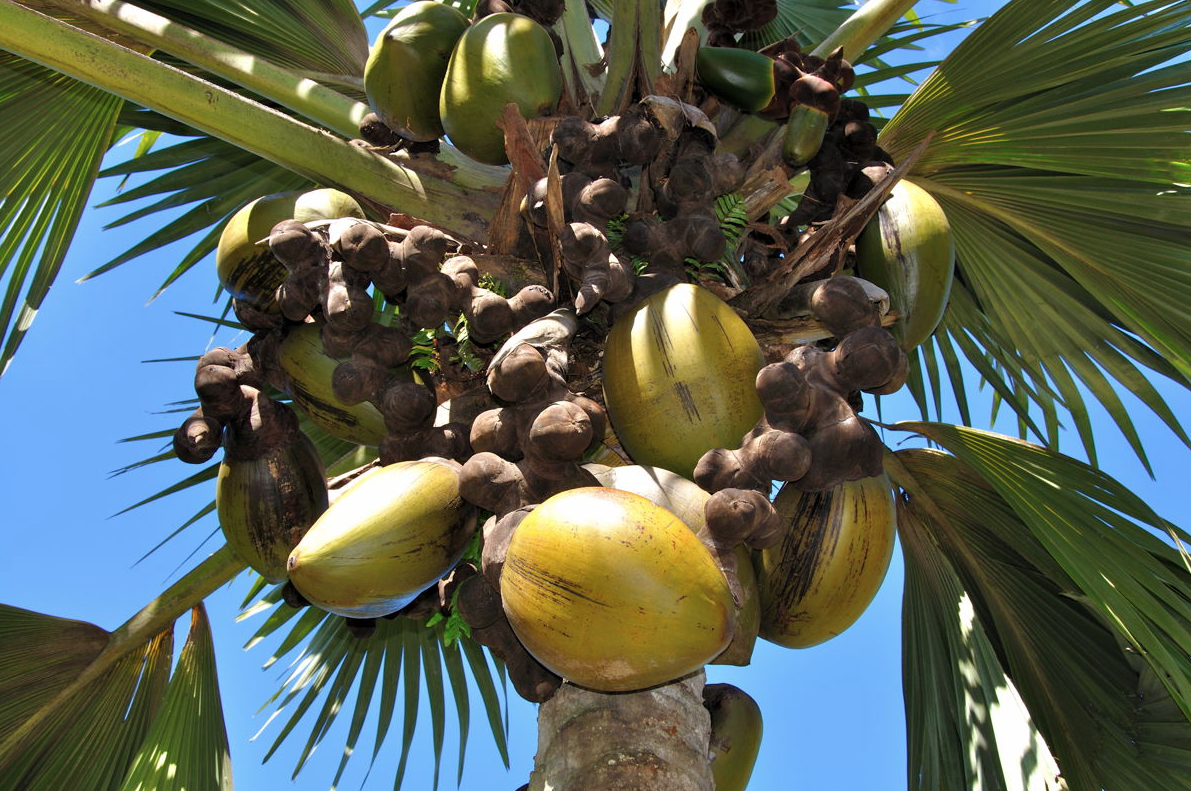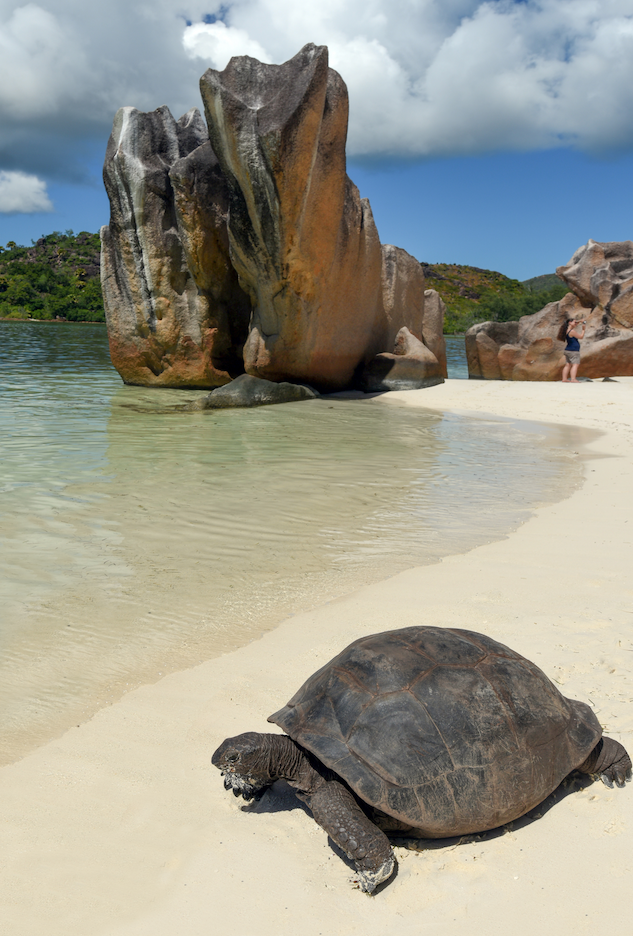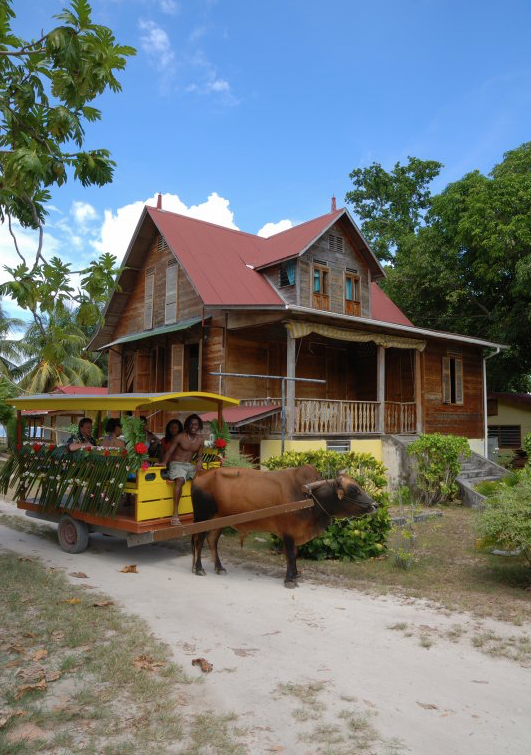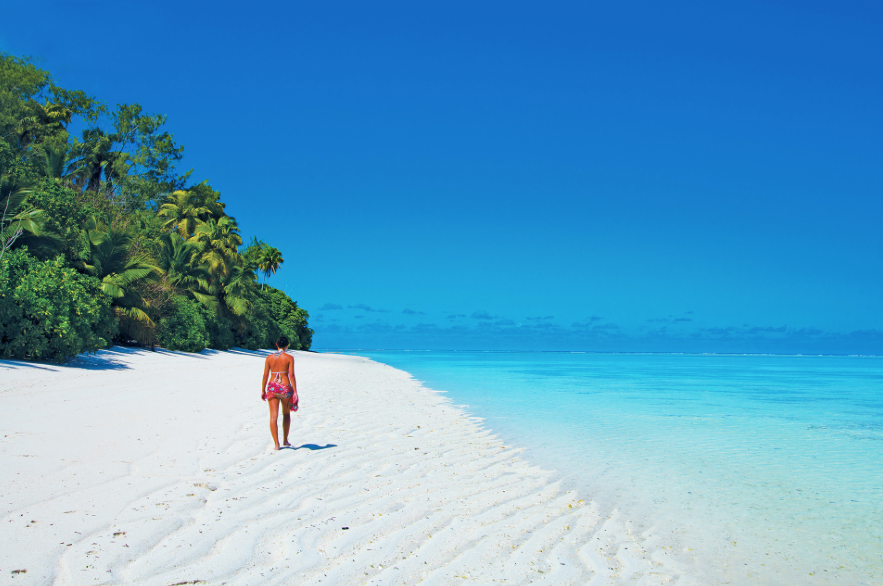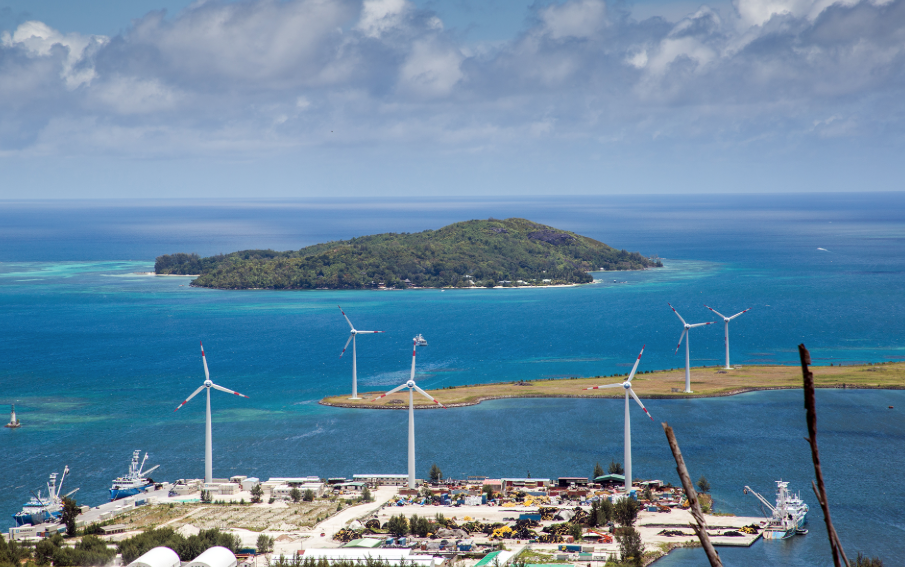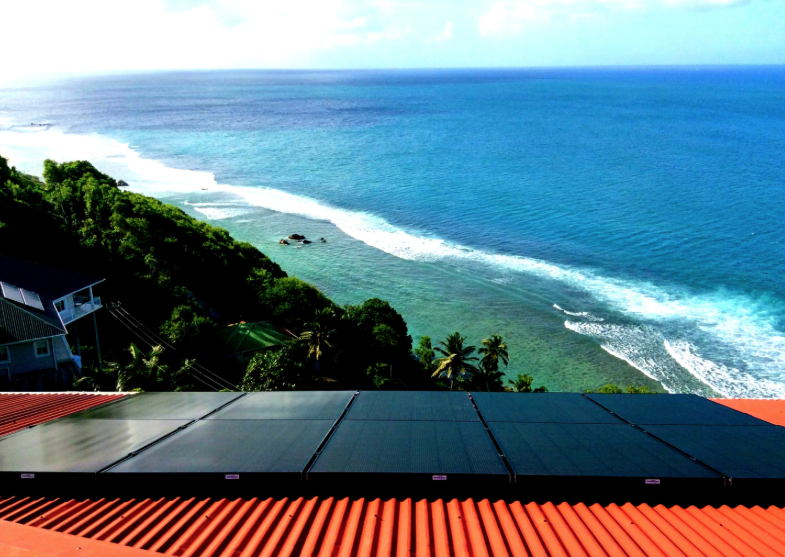The Seychelles: prioritising the environment over tourism
You may lament the lack of cheap package holidays to the Seychelles, but you not going there is helping keep its islands as nature intended. Abby Trow talks tourism and the environment with former Seychelles Tourism Minister Didier Dogley
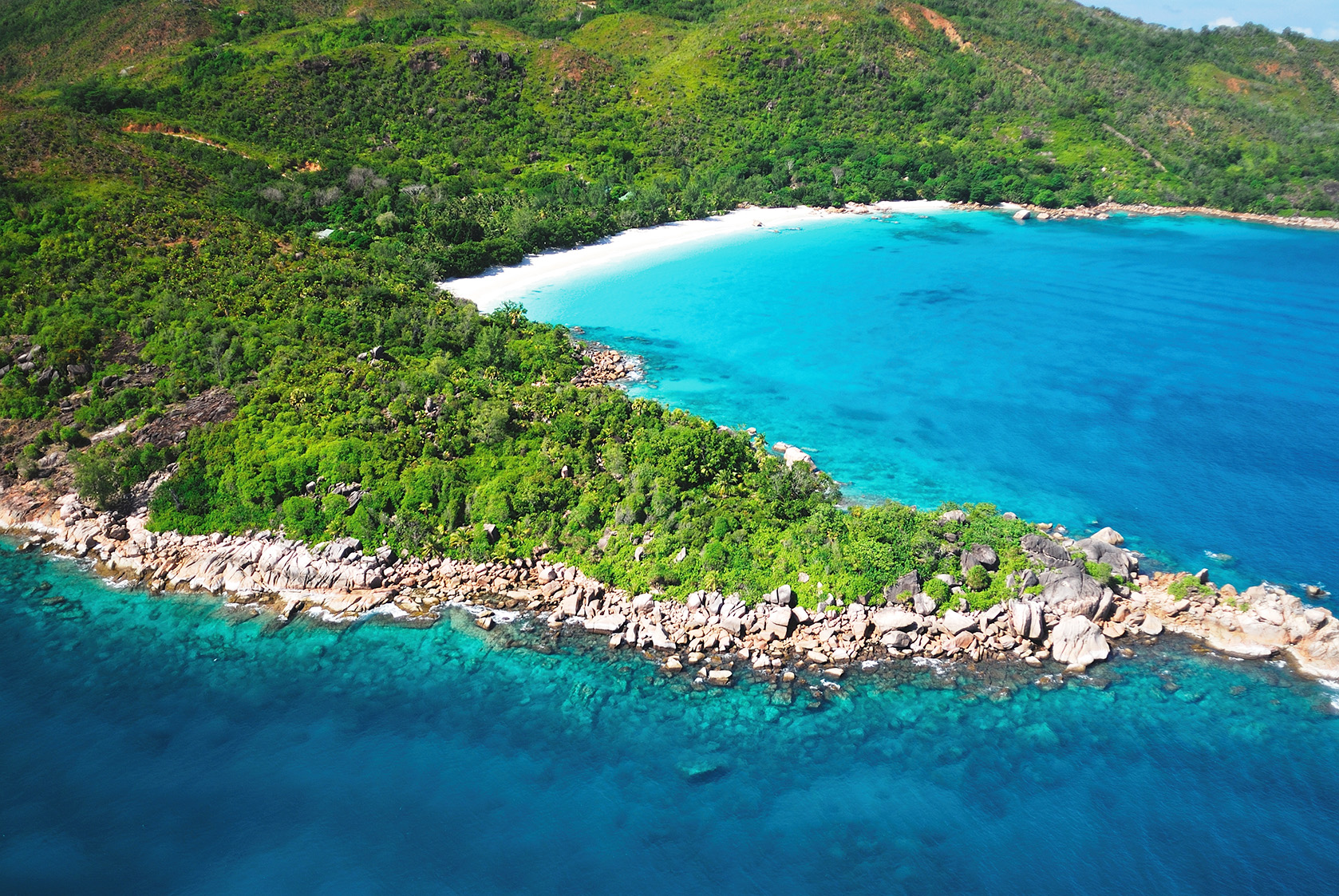
Many of us consider The Seychelles as a dream holiday destination. And keeping it a dream is an excellent way those of us who live in faraway northerly climes can ensure its turtles can frolic in azure blue waters without ingesting microplastics and its lush verdancy never gives way to Torremolinos-like concrete horror. That said, Tourism Minister Didier Dogley says it's unfair to represent the Seychelles as a millionaire's playground because there's accommodation to suit all budgets. Just don't everyone arrive at once.
First things first.. let's establish where the Seychelles are, because a lot of us, it seems, confuse its islands with the Maldives. The Seychelles, of course, comprises 115 islands in the Indian Ocean north of Madagascar and about 1000 miles off the coast of Kenya, while the Maldives lie off Sri Lanka. And another point of interest is a mere 95,000 people live in the Seychelles, most of them on its three main islands of Mahe, Praslin and Digue.
Didier Dogley, the Seychelles' Minister of Tourism, is keen to dispel the idea that only the very rich can take a holiday on its islands. 'No, that's not true, you can book your own flight and stay in very affordable B&Bs and small hotels, and you'll have a great time. We want local people to participate in tourism and if you organise your own stay your hosts will want to show you our Creole culture and give you an authentic experience.'
But, let's be honest, when you look up 'holidays to the Seychelles' what comes up are discreet luxury resorts charging eye-watering prices. And Dogley is unapologetic about that because it's this very high-end tourism that helps fund the environmental protection programmes that stop the Seychelles from being ruined by tourism. It's a virtuous circle thing.
'Since the '60s our aim has been for nature-based tourism because we want to protect our bio-diversity. We were the first islands to establish marine protection areas back in 1969 and today 47 per cent of our land is protected from development,' says Dogley, who studied landscape architecture in Germany, with postgraduate studies at Reading University. Needless to say, a year in Reading was enough for a man used to white sand and turquoise sea.
And Dogley's government, which adheres to the Nature Needs Half vision for environmental management, has this year widened its marine protection areas to 30 per cent of its waters, signing an agreement to preserve 210,000 sq km of ocean (nearly the size of Great Britain) to clear some of its national debt in cooperation with the Leonardo DiCaprio Foundation.
Tourism accounts for 30 per cent of the Seychelles' revenue and Dogley says his job is to continue what his small country's politicians have always strived to do, which is 'to balance the need for environmental protection with sustainable tourism. Which means we go for high yield and low visitor numbers.' In other words, fewer people paying a lot for their holidays, rather than a lot of people paying a little.
'We have about 350,000 visitors a year and people come throughout the year because our climate is pretty consistent,' says Dogley. Which is a good thing, because unlike with Corfu or Andalucia, they don't all want to come in July and August. But how does the country manage to control tourism when more people are willing to pay for long haul travel to remote and exotic destinations?
Dogley says using planning powers is key. 'People notice that our buildings are no higher than a coconut palm and you won't find any buildings above 400 metres. We don't allow trees to be cleared from the mountainsides to make way for development and that's for practical reasons as well as wanting to protect the beauty of our forests. Trees will prevent landslides in heavy rain and they ensure rainwater seeps down into the ground filling our underground stores and filtering water for our people, most of whom live on the coast.
'We manage our water very carefully, indeed water is the limiting factor for numbers of people you can have on a small island. Our hotels have to adhere to strict rules and they must recycle water so there's no wastage. But it's ingrained in island people not to waste natural resources.'
And how does he feel about global accommodation platforms such as airbnb? 'We don't want unlicensed establishments to come into existence. You can't run accommodation without a license and we ask visitors when they arrive where they're staying, so if we find they're going to a place that's unlicensed, we will take action against it. We're small islands and everyone has to play by the rules.'
Action on plastic
Not surprisingly, Dogley is keen to eliminate single use plastics from the islands, so has banned plastic bags, cutlery, cups and polystyrene take away boxes. Water bottles on the island are PET plastic and there's a levy on them. 'They have to be collected and sent for recycling.'
Energy
The islands have a coal-fired power station but hopefully not for much longer. 'We are looking at moving to renewables. We already have eight six-mega watt wind turbines, which give us a week of energy a year, and we're gearing up for solar. We're looking at floating platforms which can be placed in a lagoon and we're hoping to kick that off next year. And we'll have solar farms on land. A lot of small businesses already have their own solar panels on the rooves of their buildings and numbers will grow. So wind and sun are the way ahead.'
Education
'We have made important progress with our environmental policies and we are also giving children environmental education in school - indeed we started doing this back in the early '90s. So our young people all understand the importance of protecting nature.'
Flora and fauna
Dogley is proud of the achievements the Seychelles has made in protecting its biodiversity. 'We have lost 4-5 species of birds and animals, sadly, but we had a number of land birds that were on the brink of extinction and all are now off the endangered list. Indeed all of our wildlife is doing well.' Apart from rats, that is, which have gone from the islands. 'They have been eradicated from the main islands through vigilance in checking boats, bags and containers.'
Dogley says he has always had an interest in the environment and his early working life in forestry made him acutely aware of the need to let nature flourish. And his new role poses many challenges to balance the need to generate revenue from tourism with the imperative to protect the Seychelles' natural environment which faces new challenges from climate change. 'Low lying islands are the first to face up to climate change because rising sea levels threaten our existence. For us, we have to invest more each year in sea defences, and we need to counter coral bleaching. We are signed up to the Convention on Biological Diversity which means we must act against desertification, land degradation, invasive species.. so we need tourism, but it must be eco tourism.'
